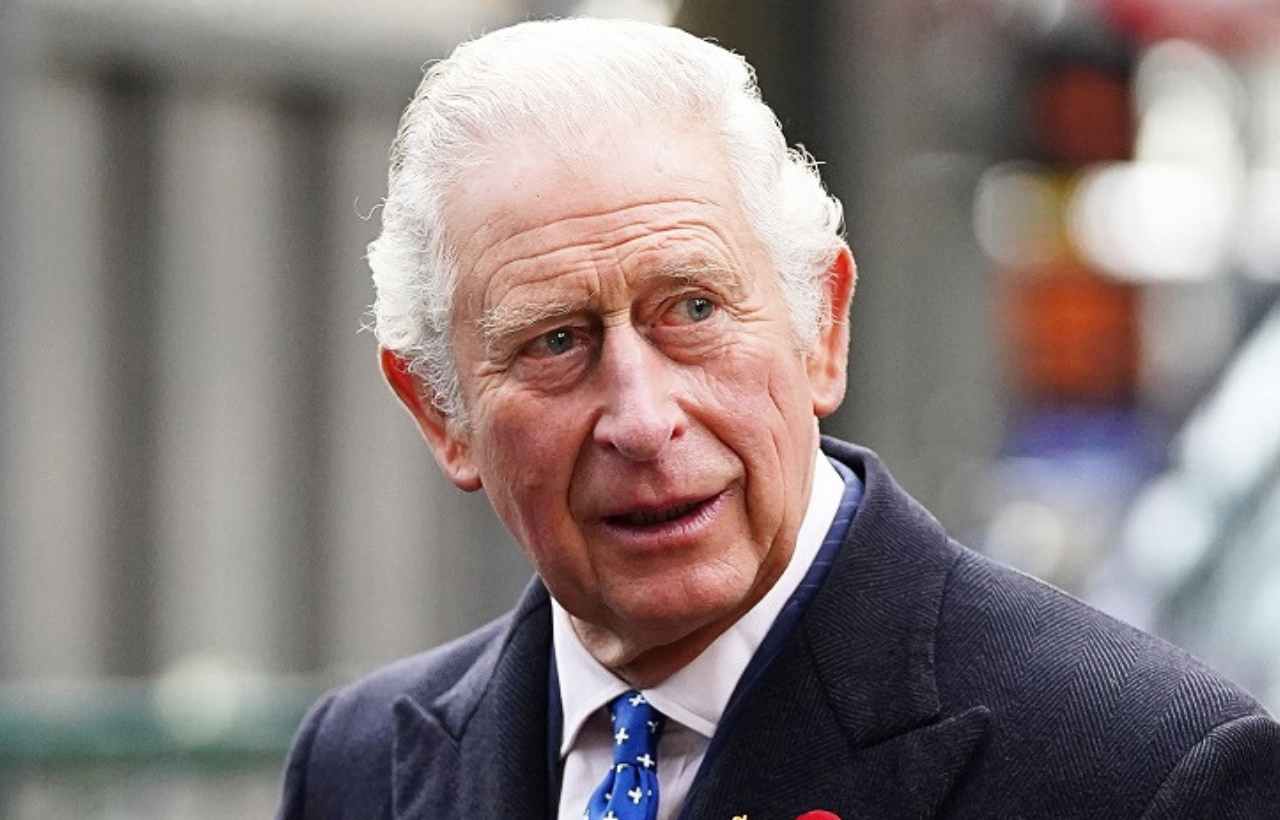Now Reading: Dementia and Marriage Research: Uncovering the Surprising Protective Benefits of Marriage
- 01
Dementia and Marriage Research: Uncovering the Surprising Protective Benefits of Marriage

Dementia and Marriage Research: Uncovering the Surprising Protective Benefits of Marriage
Recent dementia and marriage research has revealed some unexpected insights about how a long-term partnership may help protect your brain. With dementia impacting millions across the United States, these new findings are stirring conversations about the benefits of marriage and social engagement. In this post, we will explore the research details, discuss its surprising findings, and highlight what this means for your overall well-being.
Understanding the Research
Researchers have recently turned their attention to the surprising benefits of marital relationships when it comes to brain health. Several studies have examined how social contact, companionship, and emotional support within a marriage can influence cognitive function later in life. The emerging dementia and marriage research suggests that married individuals may experience a lower risk of developing dementia compared to those who are single, divorced, or widowed.
The study observed a large group, following participants over many years. Researchers considered lifestyle factors such as physical health, social interactions, and even parenting roles. These elements helped uncover why marital status might influence cognitive decline and dementia risk. Ultimately, the research points toward the idea that the emotional and social benefits of marriage could play a protective role for the brain.
Surprising Findings: How Marriage Could Lower Dementia Risk
Marriage as a Source of Social Engagement
One of the most compelling elements of the dementia and marriage research is the notion that marriage provides continuous social engagement. Married couples often share day-to-day conversations, activities, and problem-solving tasks. This steady flow of mental exercise is believed to help maintain cognitive function.
For example, everyday interactions—whether it’s a shared meal, planning for the future, or simply chatting about the day—stimulate the brain. Over time, these interactions may help build a “cognitive reserve,” making it easier to ward off the effects of dementia.
Comparison With Other Marital Statuses
The research also highlights that never-married, divorced, or widowed individuals may face a higher risk of dementia. In some studies, the gap in dementia risk between married and unmarried people was quite significant. Researchers theorize that the absence of regular social support and companionship could increase the vulnerability of the brain over time.
Interestingly, some findings suggest that having children or close family connections can somewhat offset this risk. However, the core benefit appears to stem from the consistency and intimacy found in a stable marriage.
The Role of a Supportive Partner in Brain Health
Emotional Support and Stress Reduction
A loving and supportive partner can make a big difference in managing stress. Lower stress levels are linked to better overall health and brain function. The regular emotional support inherent in a strong marriage can help individuals cope with life’s challenges, potentially reducing the intensity of stress-related impacts on cognitive health.
Encouraging Healthy Lifestyles
Couples who live together often influence one another in positive ways. Whether it’s maintaining a balanced diet, exercising, or staying socially active, married partners tend to adopt healthier habits. This shared commitment to a healthy lifestyle further contributes to lowering the risk of dementia. All of these aspects are key points revealed in the latest dementia and marriage research.
What Does This Mean for You?
While being married may offer protective benefits for brain health, the core takeaway is the power of social connection and regular engagement. Here are a few practical steps to consider based on the research:
- Cultivate Social Bonds: Whether you’re married or single, invest in strong, consistent relationships with family, friends, or community groups.
- Stay Mentally Active: Challenge your brain with new activities, hobbies, or even regular conversation. This helps build a cognitive reserve.
- Prioritize a Healthy Lifestyle: Exercise, proper nutrition, and stress reduction are crucial. Consider these actions as part of a broader approach to holistic brain health.
- Value Emotional Support: Seek out and offer emotional support in your relationships. The benefits of a caring network extend far beyond just a marital relationship.
Remember, while marriage can be a protective factor, the underlying element is social interaction. Everyone benefits from strong, meaningful connections.
Conclusion
The latest dementia and marriage research points to a fascinating and hopeful link between a stable marital relationship and lowered risk of dementia. These findings emphasize the importance of daily social engagement, emotional support, and a healthy lifestyle. Whether you are married or nurturing deep social bonds in other ways, focusing on strong relationships can be a key part of maintaining brain health as you age.
Disclaimer: This post is for informational purposes only. Please consult professional healthcare advice for any medical concerns.











